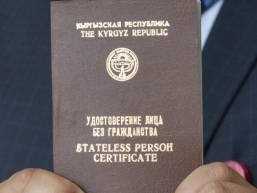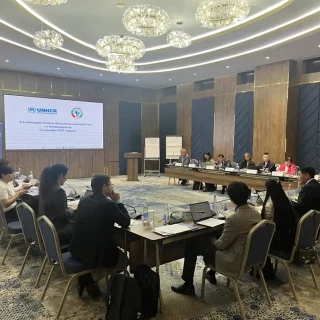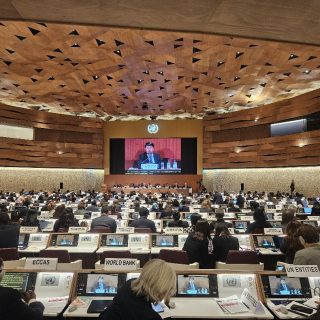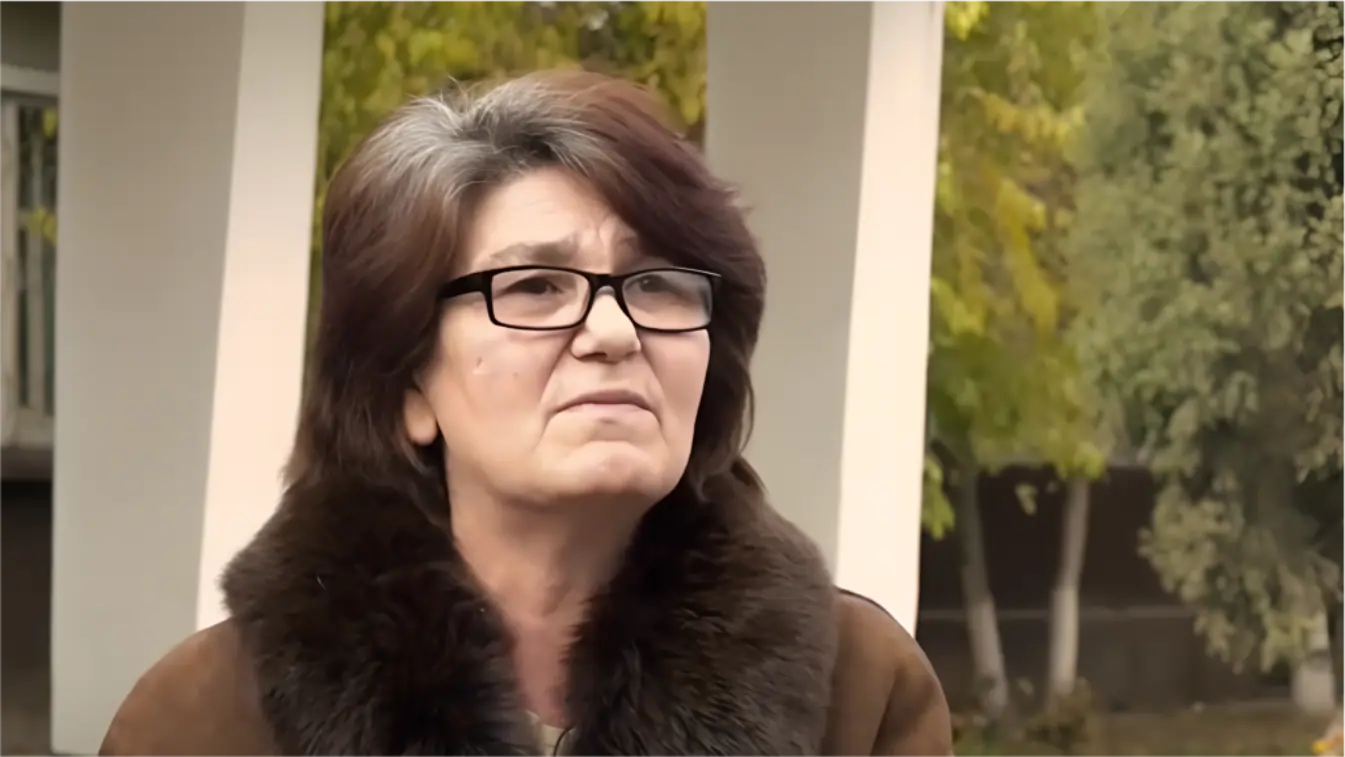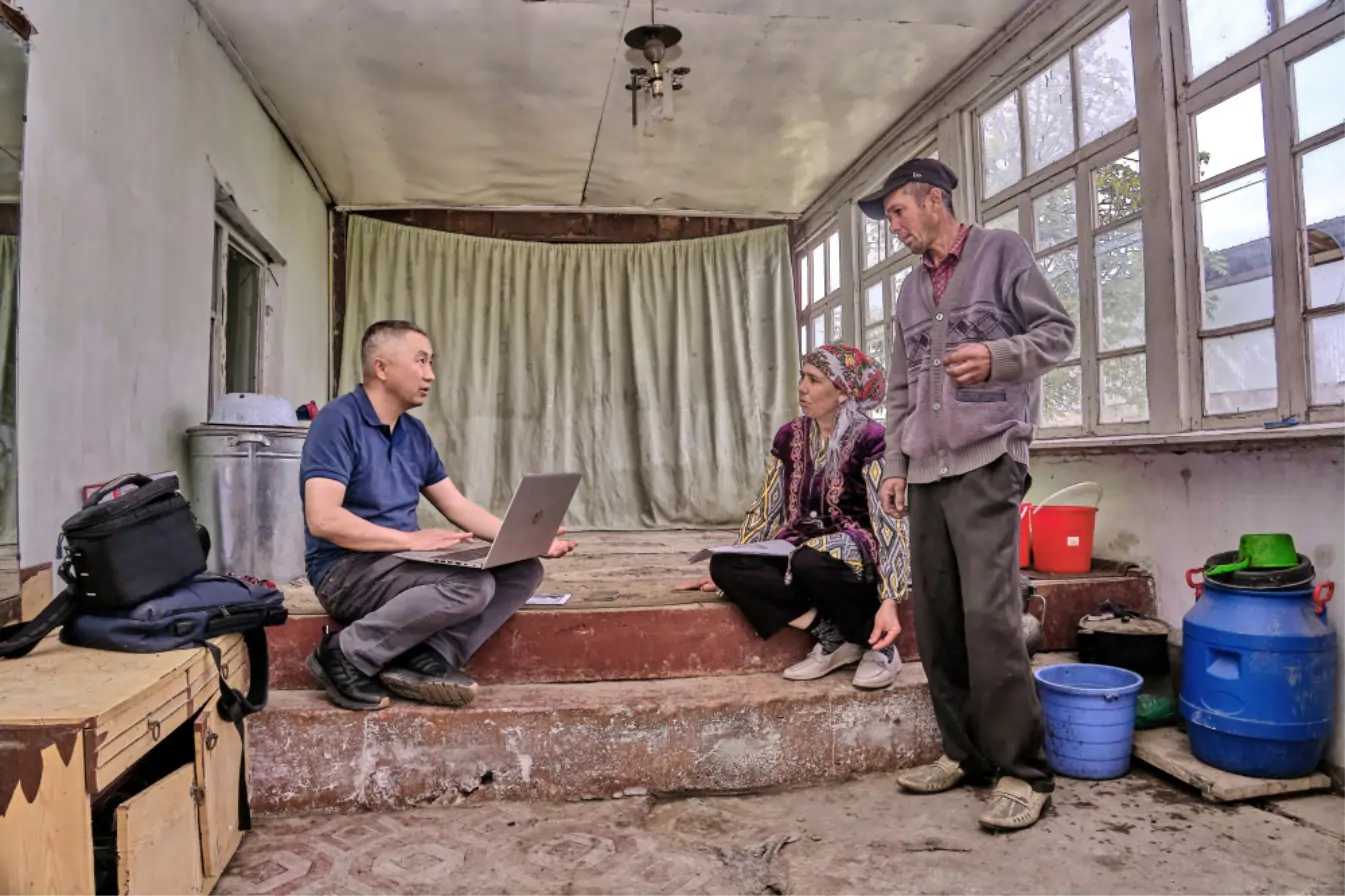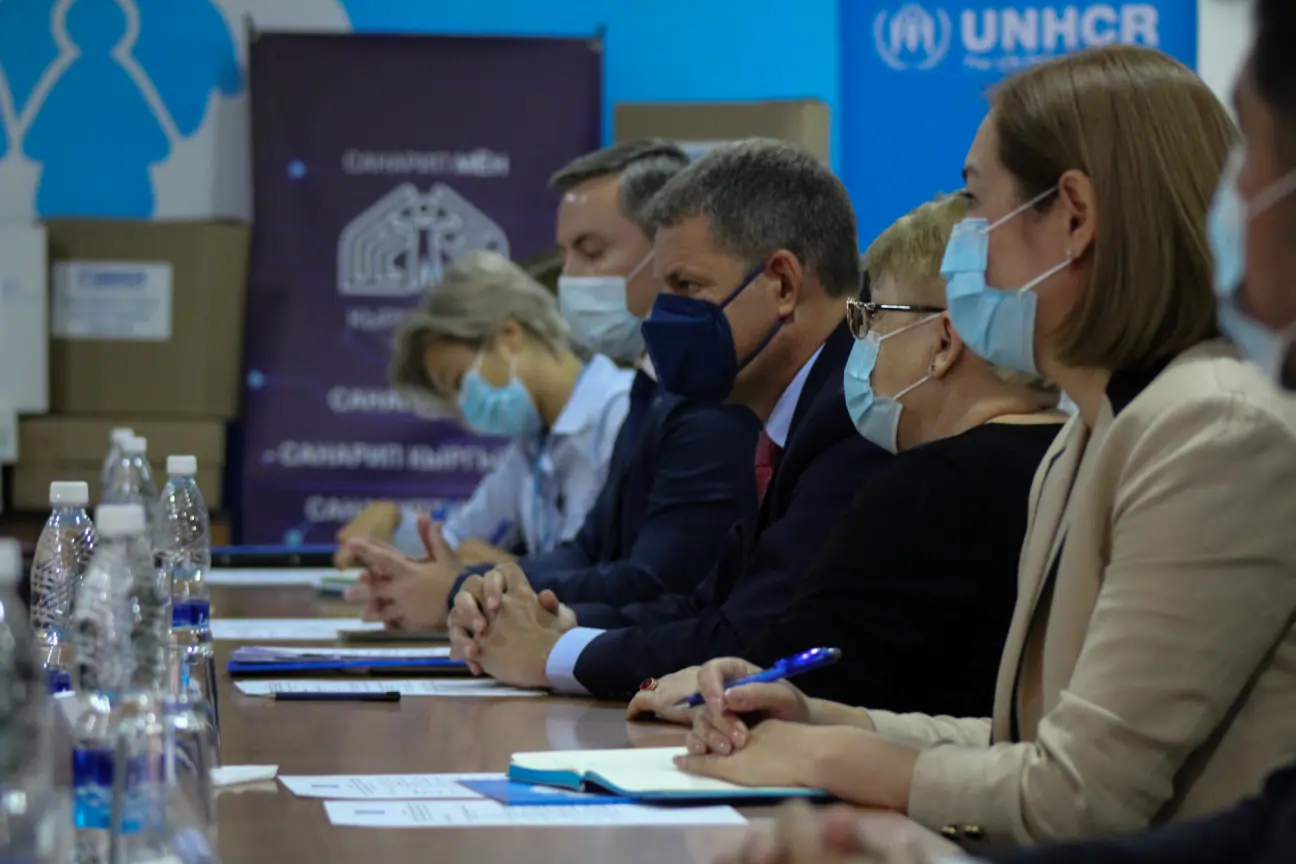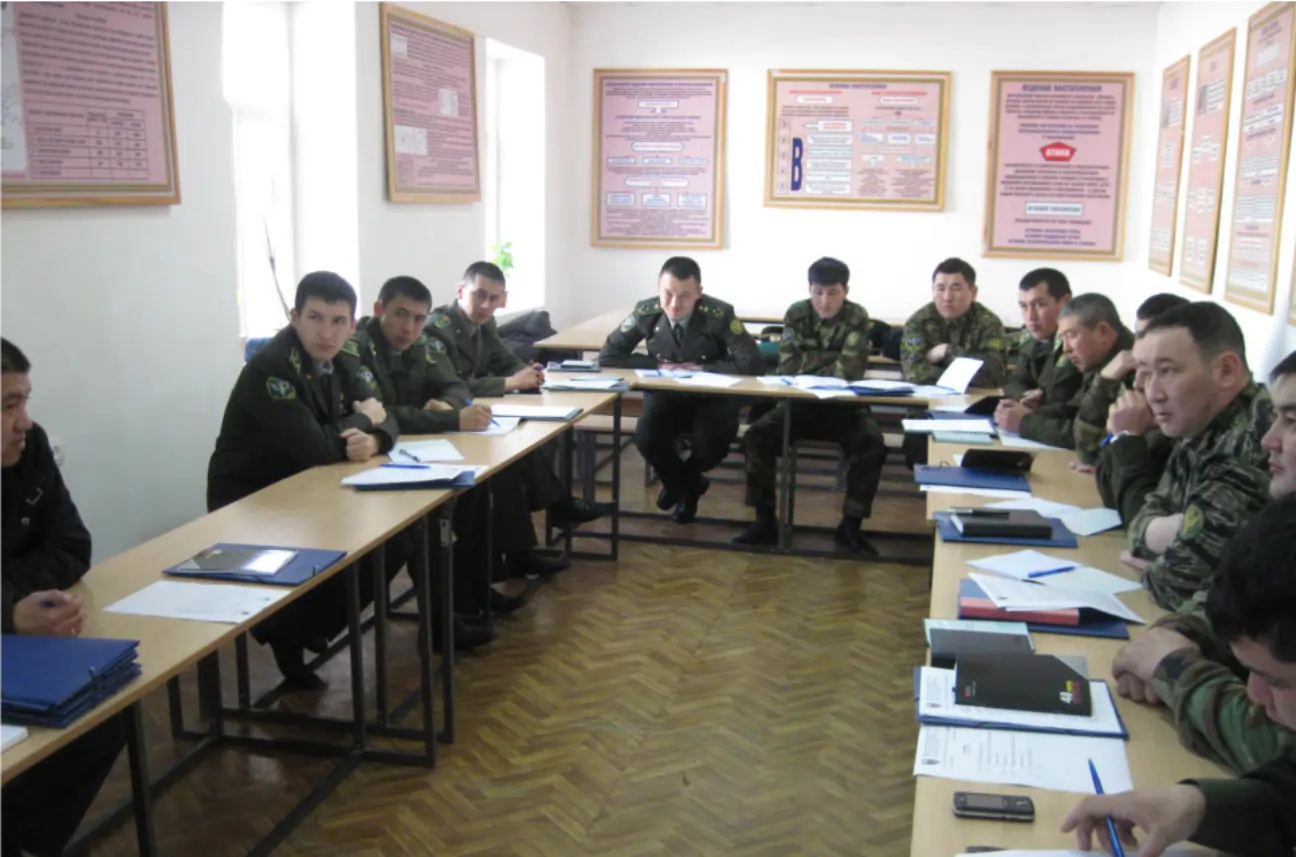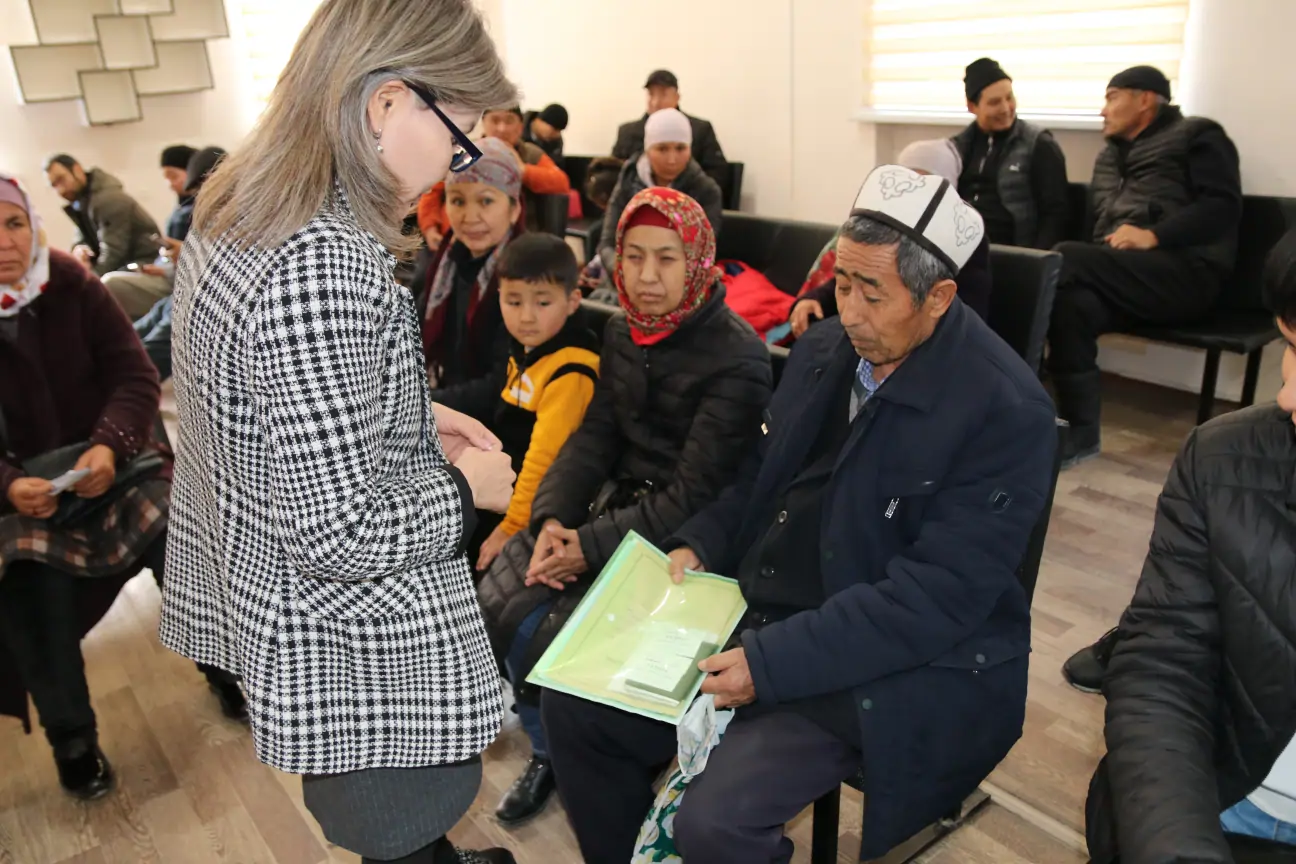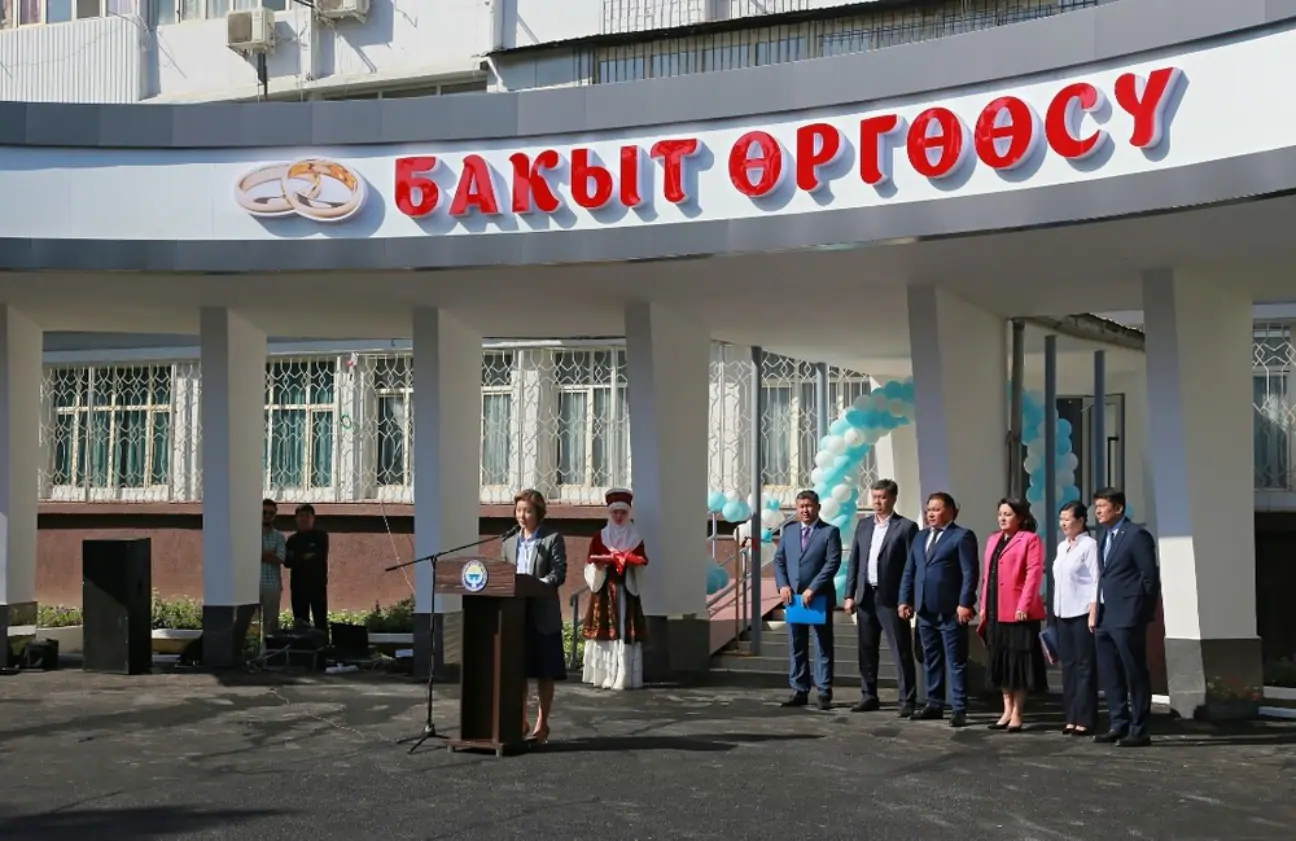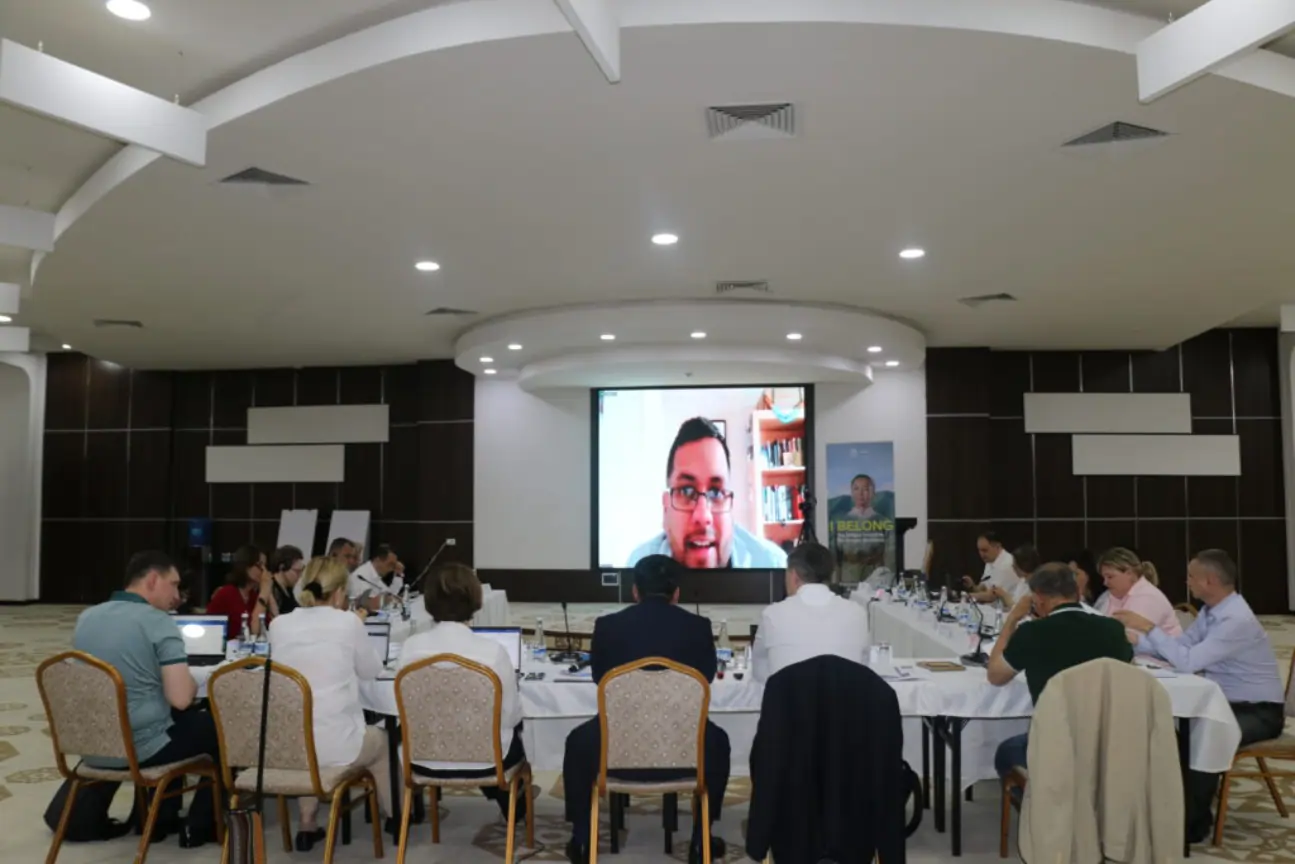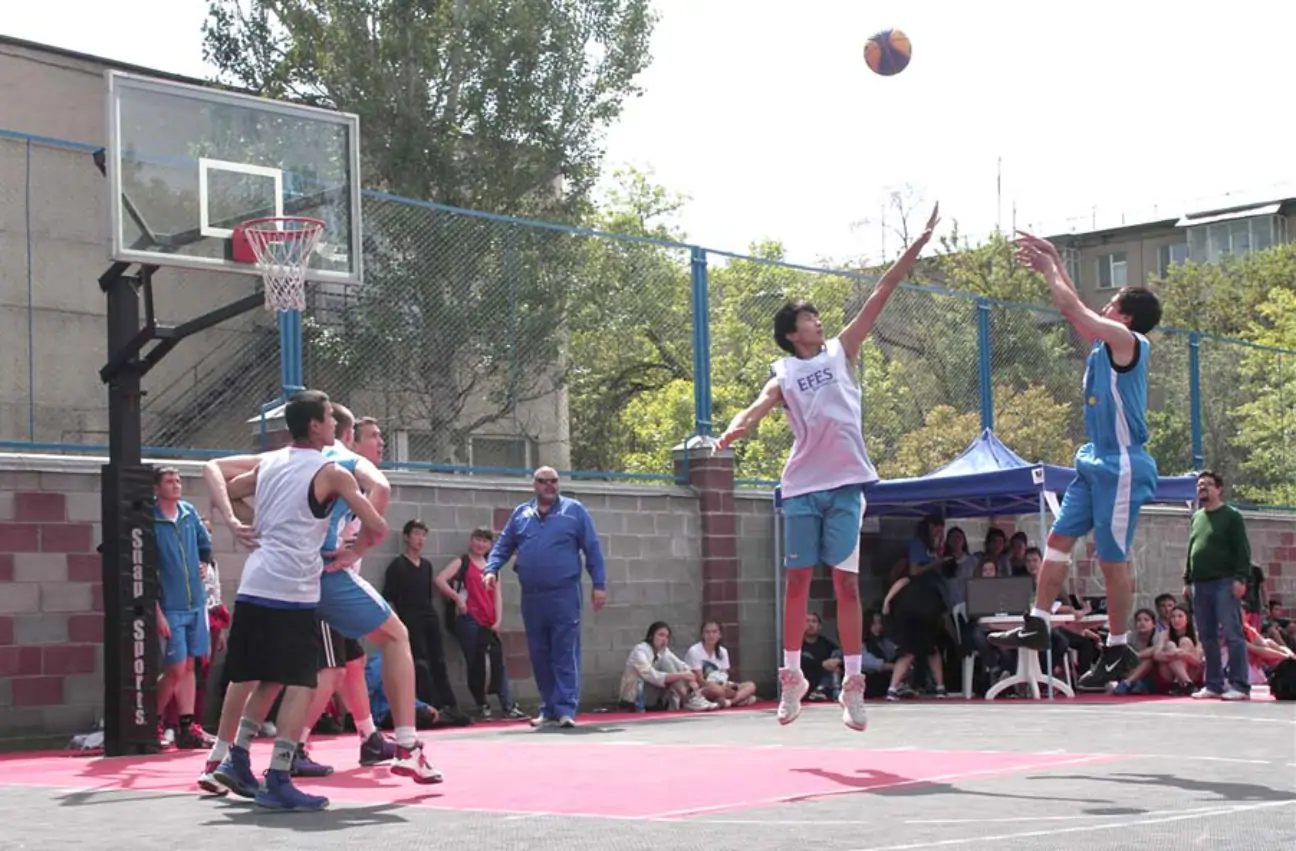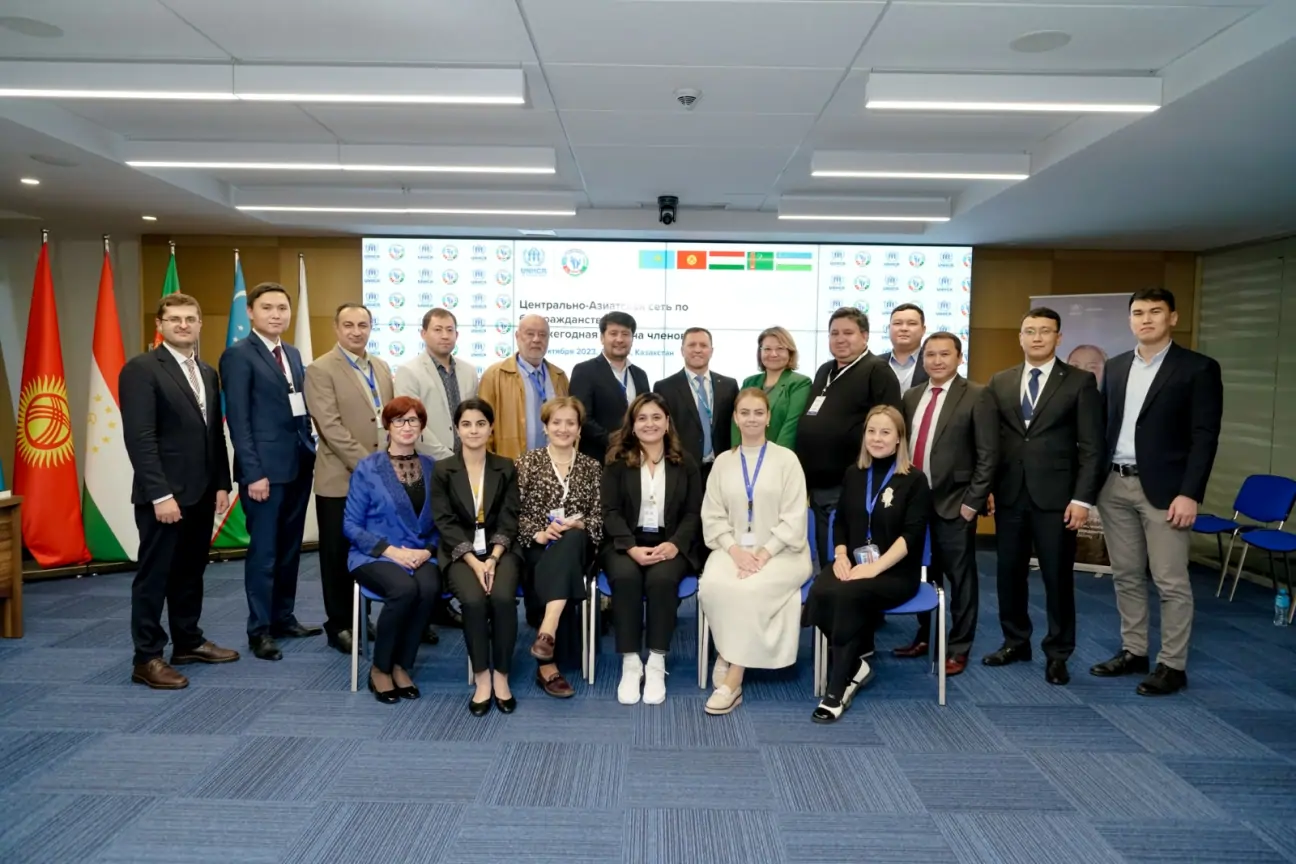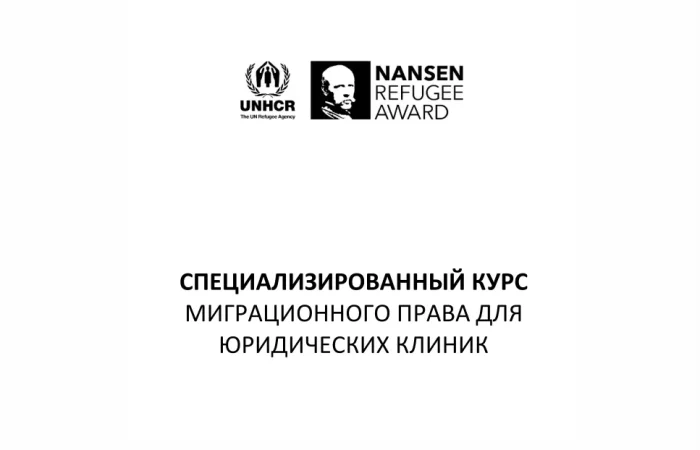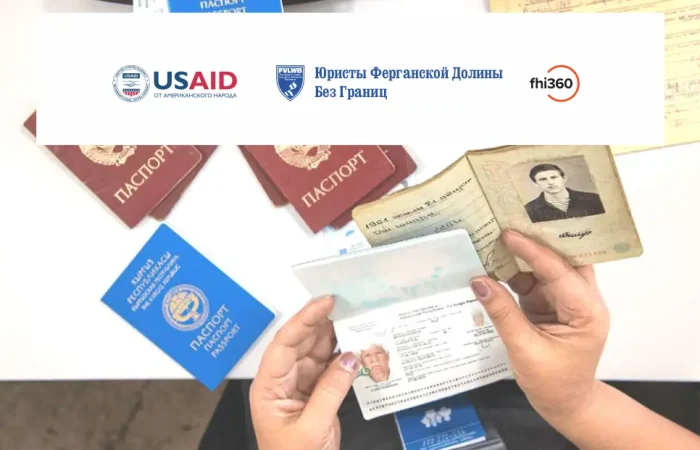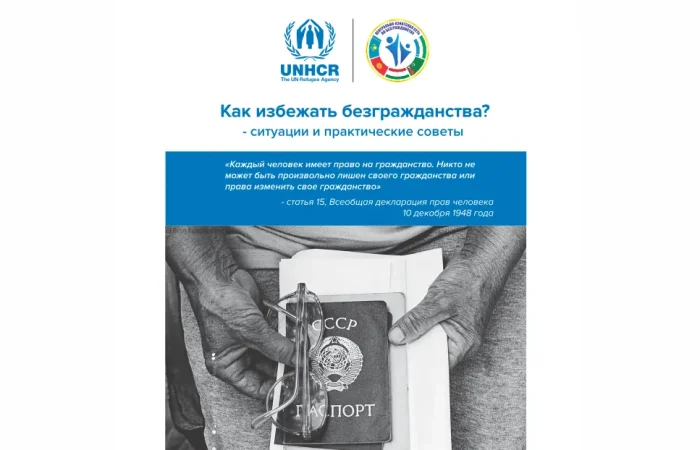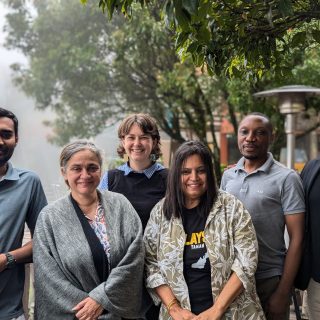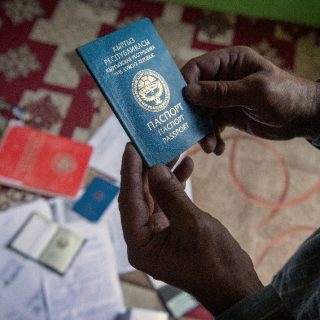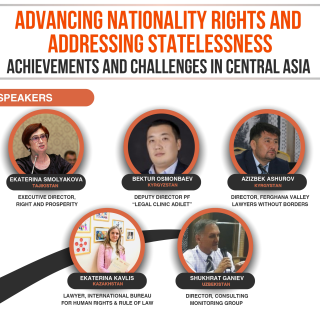
News
FVLWB Establishes Pioneering Practice Upholding Citizenship Rights of Migrant Children
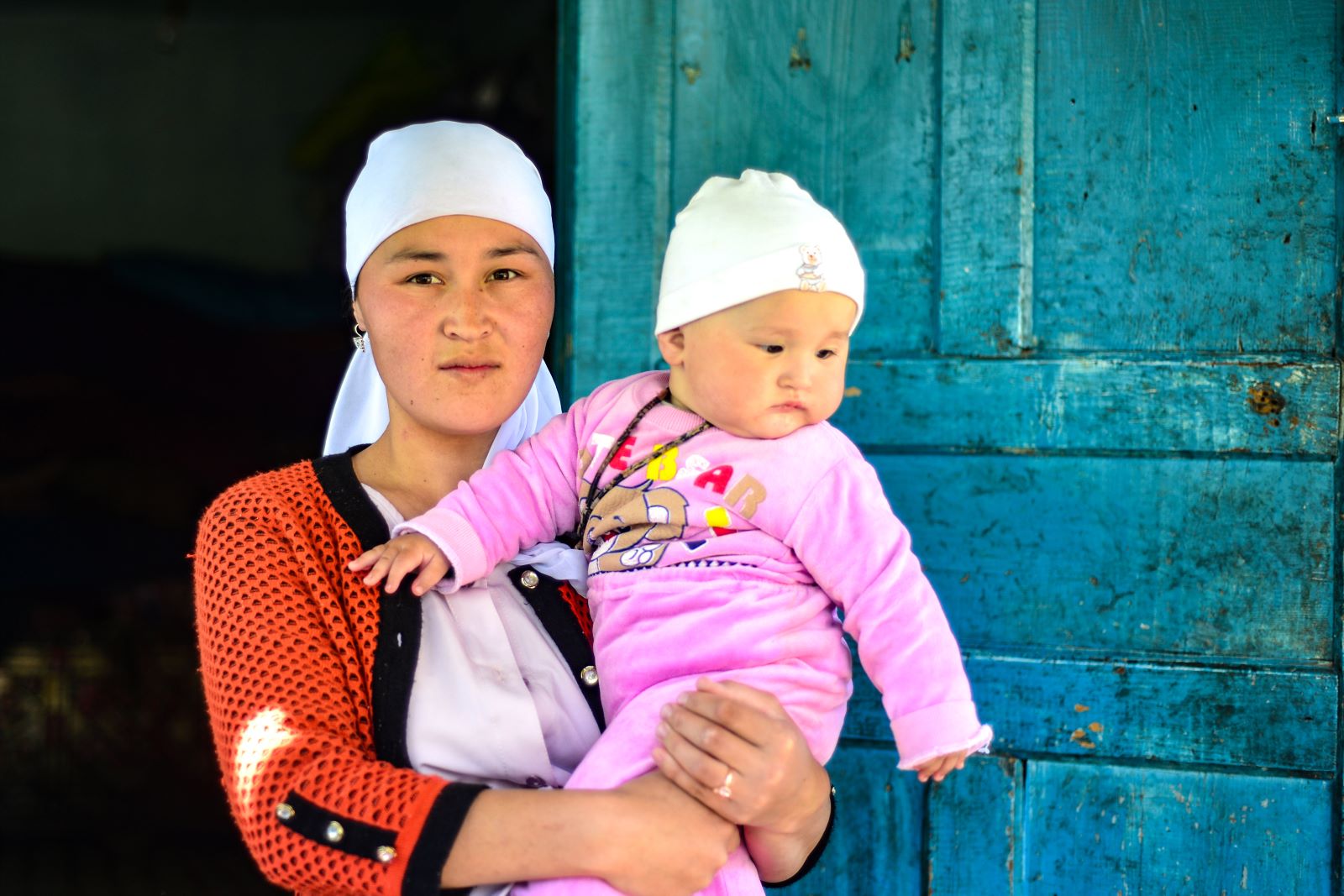
FVLWB established a pioneering legal practice focused on recognizing the citizenship rights of migrant children with other nationality. This achievement stems from a series of strategic cases successfully concluded by FVLWV, aiming to secure citizenship for children born to Kyrgyzstani parents with foreign citizenship during migration.
Kyrgyzstan’s legislation allows its citizens to hold another nationality without forfeiting their Kyrgyzstani citizenship. Moreover, under Kyrgyz law, Kyrgyz citizenship is granted at birth if one or both parents are Kyrgyzstani citizens, irrespective of the child’s birthplace.
Despite these legal provisions, a long-standing bureaucratic practice had denied citizenship rights to children born abroad to Kyrgyzstani parents who also held foreign citizenship. These children were often forced to go through a cumbersome naturalization process, despite already being citizens by law, burdening both the children and the administrative system with unnecessary procedures.
The situation began to change when FVLWB took on a case in late February 2023. They were approached by parents whose child was born in Kyrgyzstan in 2006 but had acquired Russian citizenship during the family’s economic migration there, while retaining Kyrgyzstani citizenship as permitted by law. Upon returning home, the parents sought a Kyrgyzstani passport for their 16-year-old son, only to be denied by local passport officials who cited his possession of a foreign passport.
The lawyers intervened, citing Kyrgyzstani law that guarantees citizenship to such children by birthright. They prepared a detailed appeal on behalf of the parents, referencing relevant legislation, and submitted it to the passport office. Initially met with resistance citing established practices, negotiations ensued but failed to resolve the issue. Undeterred, the lawyers persisted, prompting the local passport office to formally request guidance from higher authorities.
A prolonged process of official correspondence and negotiations followed, with the passport office citing procedural uncertainties while the lawyers emphasized adherence to legal norms guaranteeing citizenship rights based on birth. In April, the case was escalated to the Ministry of Digital Development, where discussions eventually led to recognition of the child’s citizenship based on his birthright, allowing the parents to obtain the long-awaited Kyrgyzstani passport.
This landmark case marked the beginning of efforts by the lawyers to address similar issues faced by other migrant families whose children encountered difficulties in obtaining passports. Recognizing the widespread relevance of the issue, affecting thousands of children born to Kyrgyzstani citizens during their migration, the lawyers advocated for systemic solutions.
Despite initial successes, subsequent cases saw passport offices continuing to deny passports to children in similar situations, insisting on case-by-case official requests. Recognizing the need for systemic change, the lawyers resumed negotiations with the Ministry to establish a uniform legal practice nationwide. They took on another case, this time involving a child born in the USA to Kyrgyzstani parents, whose attempt to obtain a Kyrgyzstani passport upon returning home had also been rejected.
Through persistent advocacy and negotiations with ministry officials and experts, the lawyers succeeded in resolving this family’s case, compelling the government agency to issue a circular directive to all regional passport offices. This directive clarified the legal requirements and mandated the issuance of Kyrgyzstani passports to children in similar circumstances.
After five months of concerted efforts by FVLWB lawyers, they managed to change entrenched bureaucratic practices that had long restricted children’s rights to citizenship as guaranteed by law.
